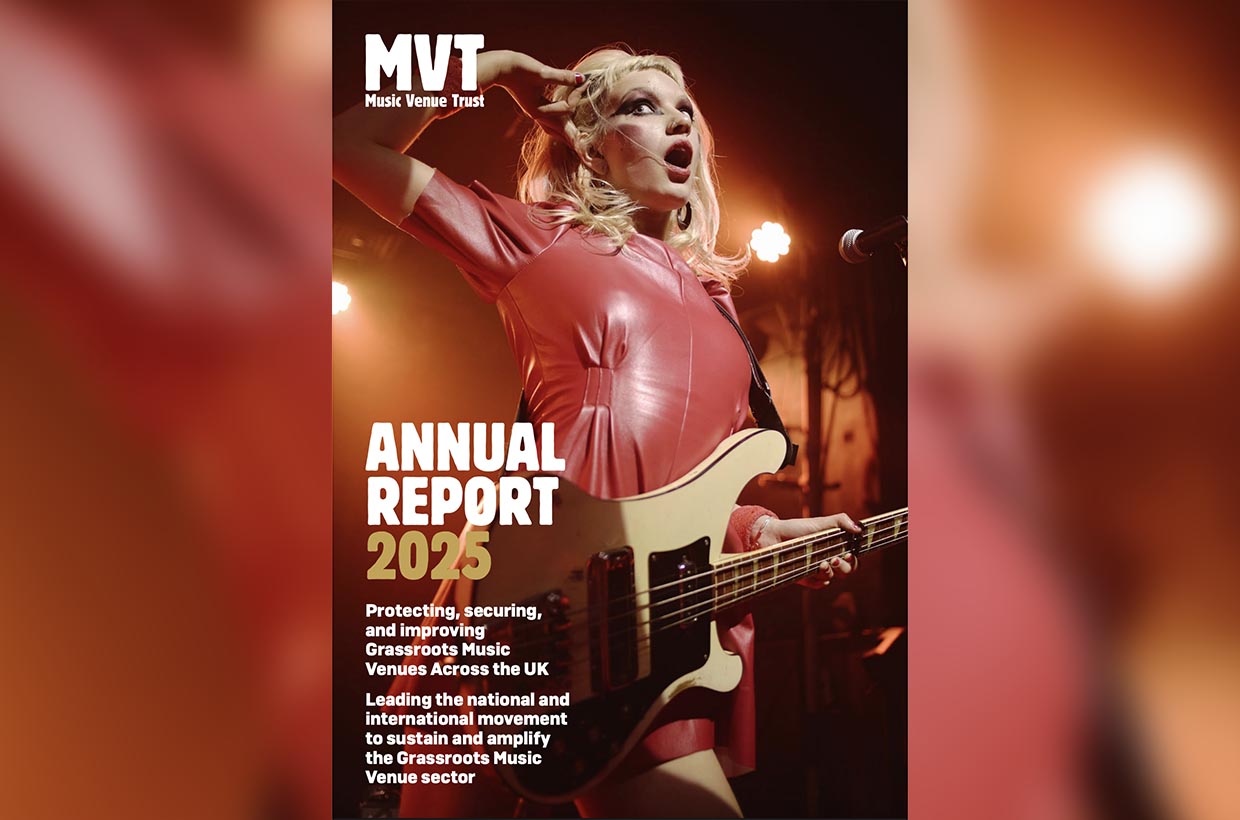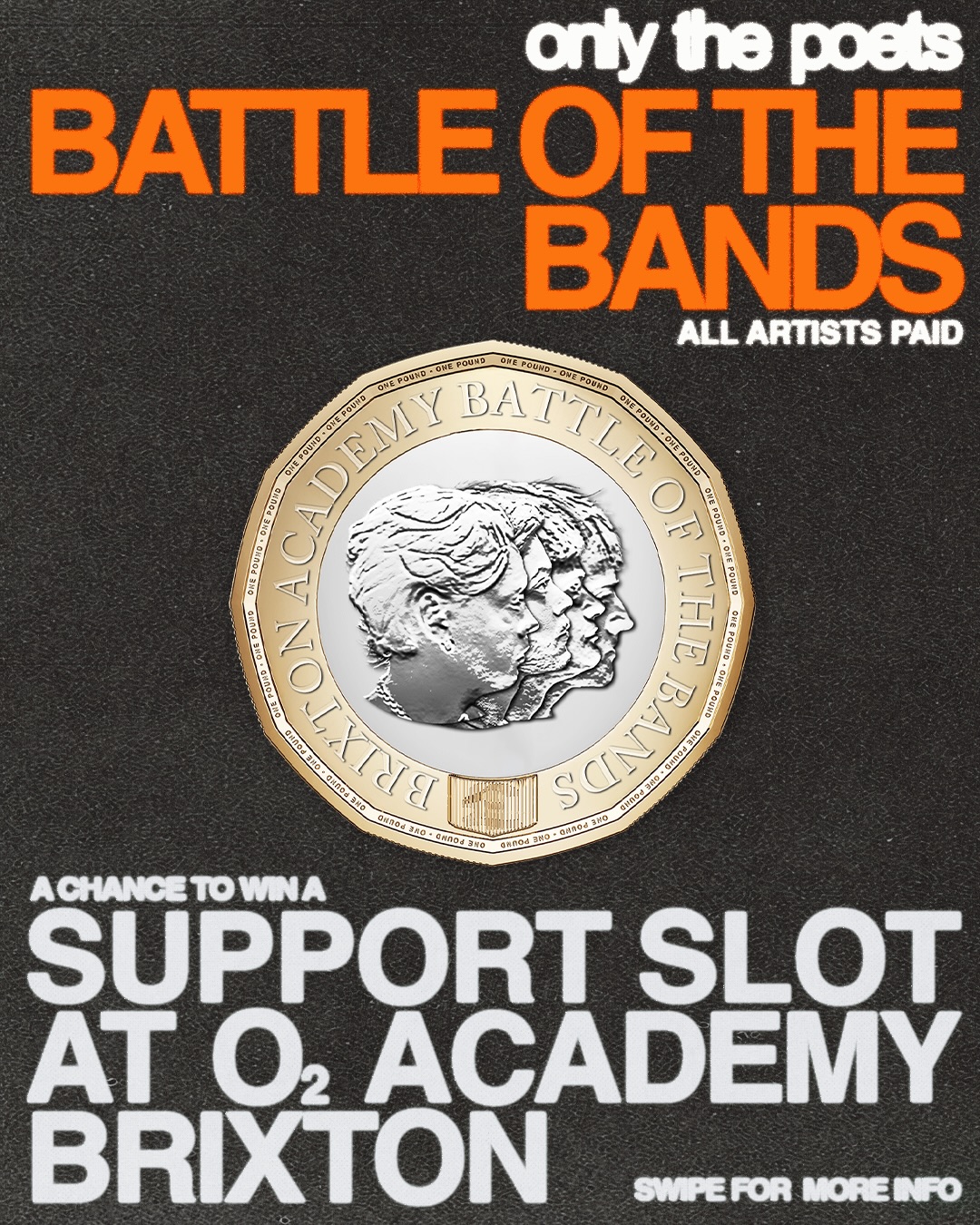Welcome to the first part of our blog about record labels. We are firm believers here at The Unsigned Guide that knowledge is power so if you want to give your music career the best possible shot then we advise you get to grips with the fundamental aspects of the music industry. You don’t have to be an expert to get ahead, but it helps if you have a clue! So let’s hit the ground running with the essentials about record companies and kick things off with a question that we’ve been asked hundreds of times over the years by aspiring artists & bands…
HOW DO I GET A RECORD DEAL?
This is the $64 million dollar question that there is no right answer to. There are quite a few wrong answers though! Firstly, sending your demos out willy-nilly to major labels is more than likely going to bear little reward. For the most part, major labels are just not interested in receiving unsolicited demos and even the ones that don’t mind are seriously bogged down with hopefuls sending in MP3s, CDs, SoundCloud links and so on.
If you are looking for a record company to pay you some interest then by and large your best bet is to approach independent labels. Although some bands strike gold and bag a deal by merely going into the studio, rustling up a 4 track demo and sending it to an A&R contact at a record label, for most it will require much more work under your own steam. But more about that in a moment…for now, if you want the best response possible from record labels that you submit your music to then make sure you have a thorough read of our !
SHOW ME THE MONEY!!!
There are many reasons that bands and artists want a record deal. Of course, there is hopefully a nice tasty advance up for grabs, the chance to have your music marketed and promoted on a grand scale, and the expertise, contacts and opportunities available from those in the know. This demonstrates just how the capabilities of a record company can really give you the edge.
But just as with any business proposition, if you want a record label to inject their money, time and resources into your band, they will ultimately want proof that you are a worthwhile investment. The most effective way of doing this is to go about your business as if record labels don’t exist! Don’t just sit on your laurels and wait for a record deal to land in your lap. Get out there and make things happen for yourself…play gigs, tours & festivals, get radio airplay, sell your music & merch through your own website, get some press coverage & favourable reviews, build your fanbase and connect with them. If you do all these things and more successfully, then your demo and the whole package accompanying it are more likely to grab the attention of a record label. Heck, they might even pick up on the buzz and hunt you down themselves to see what all the fuss is about. Of course, the music is still their primary consideration but as long as you can show there is a market out there for what you’re doing, then you’re already in with a fighting chance!
But if you’re going to such lengths and putting all this hard work into getting exposure, expanding your audience and selling your music directly to them, you may then ask yourself…
DO I EVEN NEED A RECORD DEAL?
Well, that is entirely up to you but one thing is for sure – a lot of the resources and facilities you need to get your music out there are readily available these days without necessarily needing the assistance of a record label.
You will no doubt have heard about established bands & artists that have released music via fan-funding platforms. In fact only 6 months back or so for their latest album via their fans using PledgeMusic.
And whilst we’re here, we may as well tell you that The Unsigned Guide is the perfect starting point if you feel that DIY is the route for you. Our is heaving with contacts and listings for services that can assist you with , raising funds and , , and much more.
But back to record deals! If you’re weighing up the pros & cons a factor definitely worth considering is copyright. By signing a record deal you automatically hand over your ownership & copyright of the music in question to the record company and whilst some artists expect this and are fine with it, others are just not happy with this arrangement. This is something you should give careful consideration to and fortunately, we have a handy blog here if you want to learn more about
So that’s all folks for Part 1 of our lowdown on the basics of record labels, record deals and the like. But do stay tuned for Part 2 where we will cover the implications of the digital age on record companies, setting up your own record label and getting to grips with record contracts.
(1).jpg)
(1).jpg)





